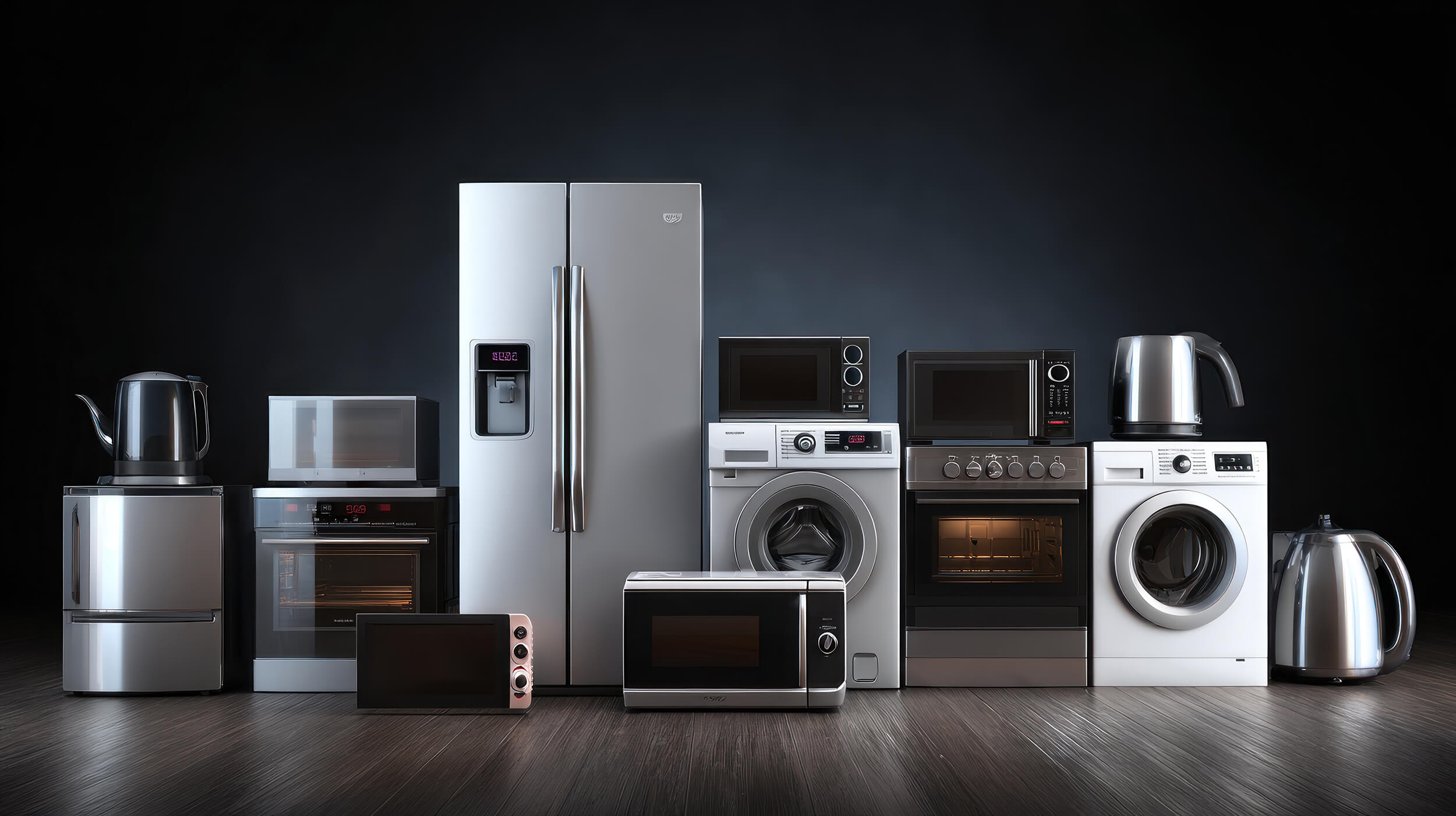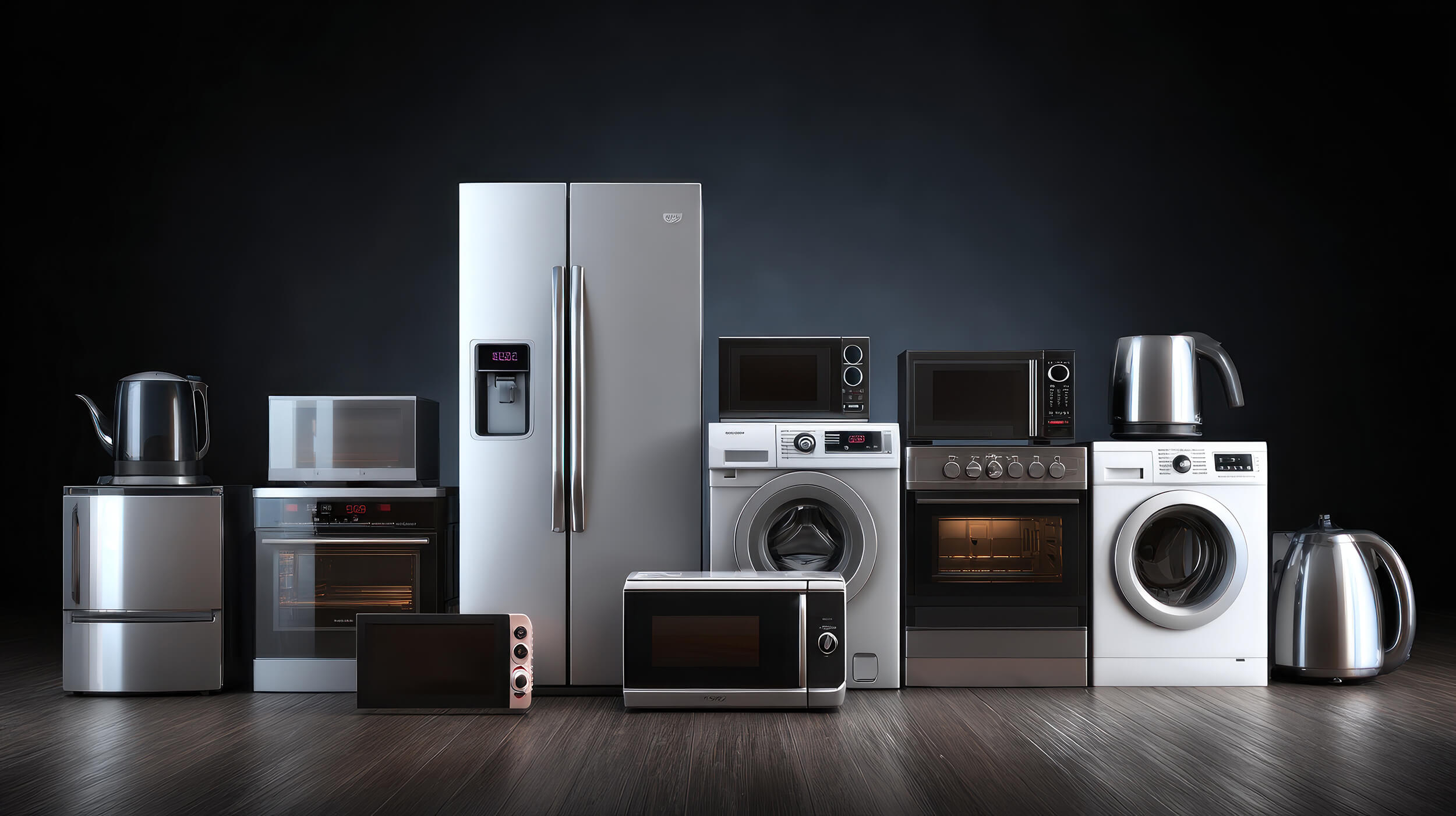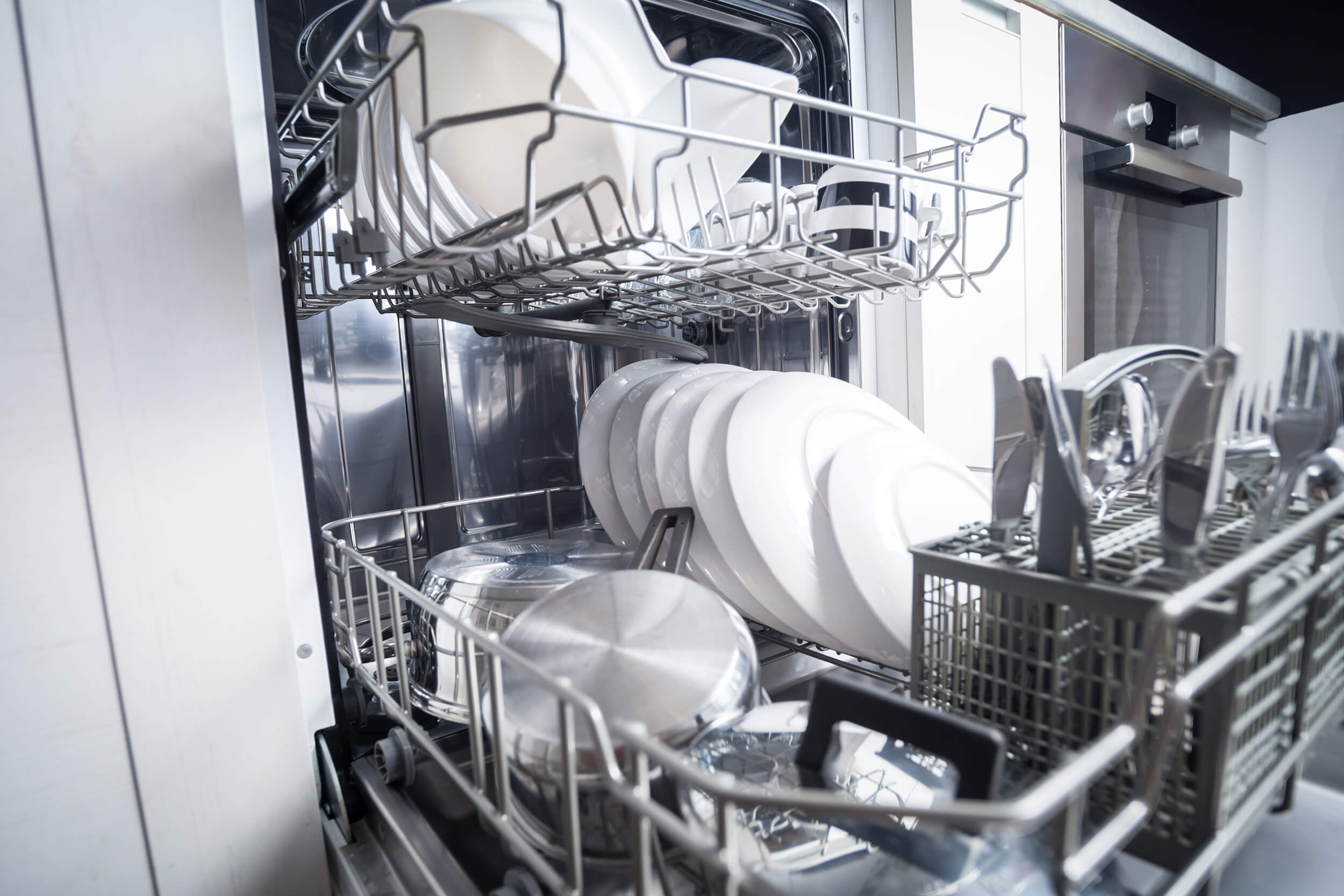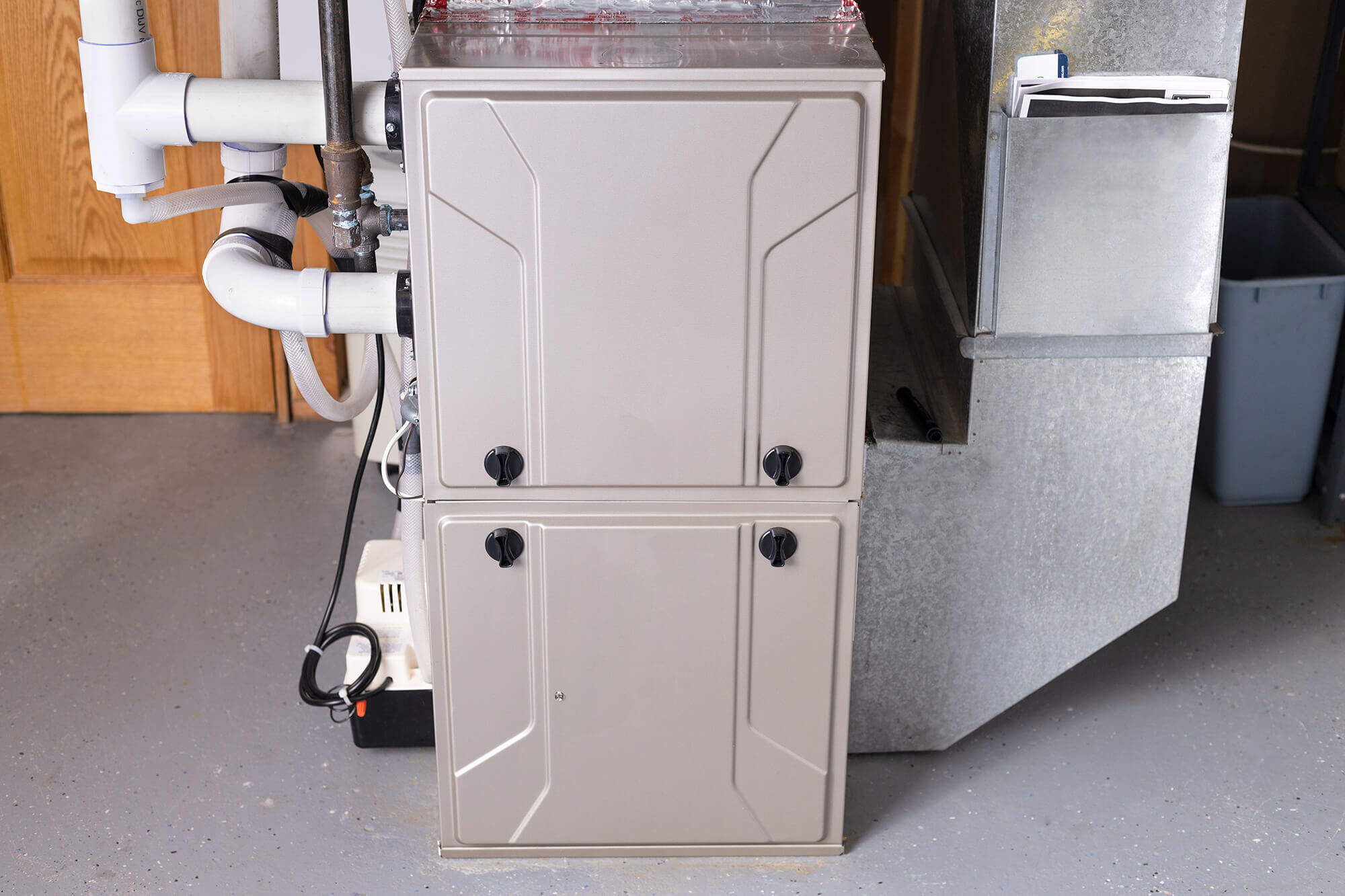FOR IMMEDIATE RELEASE
May 1, 2007
CONTACT:
Ronnie Kweller (Alliance) 202-530-2203
Glee Murray (ACEEE) 202-429-0063
Andrew DeLaski (ASAP) 617-515-7755
Ed Osann (Water efficiency) 301-535-4013
Washington, D.C. -- Major home appliance manufacturers, their trade organization, and a nationwide coalition of energy and water efficiency supporters announced an historic agreement today that will establish new mandatory federal energy and water efficiency standards, recommendations for new ENERGY STAR levels, and manufacturer tax credits for the production of super-efficient clothes washers, dishwashers, refrigerators, and dehumidifiers.
The agreement, which seeks legislation for appliance efficiency standards and tax credits, represents significant energy and water savings for U.S. consumers. According to an analysis conducted for the U.S. Department of Energy (DOE), which supported the negotiations, the agreement will result in a savings of up to 3.3 quadrillion btus (quads) of energy and nearly 11 million acre feet (3.6 trillion gallons) of water over about 30 years. (Eleven million acre feet is enough to meet the needs of about 44 million people for one year; and 3.3 quads is enough energy to meet the needs of about 15 percent of the U.S. population for one year.) Consumers will benefit from a savings of up to $14.7 billion in cumulative utility bill reductions.
The agreement, when combined with additional appliance efficiency standards for refrigerators and clothes washers, could increase total 30-year savings to nearly 15 quads of energy and 68 million acre feet of water. The specific efficiency levels for refrigerators and clothes washers will be determined by DOE and will depend on cost-benefit and other analyses. Total cumulative utility bill savings could be as high as $68 billion. (68 million acre feet would meet the annual water needs of about 272 million people; 15 quads would meet one year’s energy needs for about 70 percent of the U.S. population.)
Key features of the agreement include:
- The first-ever national minimum water efficiency standards for residential clothes washers and dishwashers.
- Required DOE rulemakings to determine new minimum efficiency standards for refrigerators and clothes washers; they must be completed no later than December 31, 2010 and December 31, 2011, respectively.
- Aggressive production tax credits to spur market share growth for the most energy-efficient refrigerators, residential and commercial clothes washers, residential dishwashers, and dehumidifiers.
- Recommendations for revised ENERGY STAR levels, including water efficiency for residential and commercial clothes washers and dishwashers.
“This accord represents a landmark consensus agreement between industry and energy and water advocates to increase the energy and water efficiency of many home appliance products. Through stringent new mandatory federal efficiency standards and tax credits that will incentivize manufacturers to produce super-efficient products, this agreement will help transform the market for efficient home appliances and have a lasting effect on national energy and water use. It also affirms the importance of a federal role in regulating the energy and water use of appliance products,” said Joseph M. McGuire, president, Association of Home Appliance Manufacturers.
“The Alliance to Save Energy is proud to be part of the forward-looking coalition of manufacturers and efficiency advocates whose landmark agreement on higher energy and water efficiency standards, as well as tax incentives to make major appliances more affordable, will save consumers energy and money and help curb the polluting emissions that contribute to climate change,” said Alliance to Save Energy President Kateri Callahan. “Minimum efficiency standards pay dividends for years to come by establishing base energy-efficiency levels for newly manufactured products and by locking in savings for the considerable lifespan of products such as clothes washers and dishwashers. They also push the U.S. economy, on a continuing basis, towards greater energy efficiency.”
“This agreement shows how to move energy policy forward in this country,” said David B. Goldstein, NRDC Energy Program director. The nation needs:
- Minimum standards to assure consumers are protected from high energy costs and that unnecessary greenhouse gas pollution is not emitted;
- Expanded use of the Energy Star program, which shows consumers how they can do better than minimum standards; and
- Tax incentives to commercialize the most advanced technologies.
“This agreement paves the way for this policy to be implemented for a number of important energy- and water-using appliances.”
“Linking water efficiency to ENERGY STAR requirements and national minimum efficiency standards for residential clothes washers and dishwashers is an important step in empowering America’s consumers to make strong, positive advances in water conservation. The drinking water utilities of the Association of Metropolitan Water Agencies actively promote sensible water use, both for water resource management and to mitigate the need for costly infrastructure expansion. We see today’s agreement as major progress toward a sustainable water future,” said Diane VanDe Hei, executive director, Association of Metropolitan Water Agencies (AMWA).
“This agreement continues a decade of progress in consensus agreements on home appliances. Just seven years ago, we negotiated a major increase in clothes washer standards that took affect this year; the new agreement shows that substantial further progress is already occurring. The agreement demonstrates the importance of continuing dialogue between manufacturers and advocates to keep accelerating technology innovation; meeting the climate challenge requires us to do no less,” said William Prindle, executive director, American Council for an Energy-Efficient Economy.
“California is pleased to see the improved efficiency standards under this agreement. Water and energy efficiency are key statewide initiatives for us as we move forward to address water shortage, energy shortage, and climate change impacts. This positive forward movement in national appliance efficiency is welcome,” said Mary Ann Dickinson, executive director, California Urban Water Conservation Council.
“As an organization that has worked over the last five years on promoting appliance standards at the state level in the Northeast, we’re very pleased to see consensus develop that will create these important standards at the national level,” noted Susan Coakley, executive director of Northeast Energy Efficiency Partnerships (NEEP). “Efficiency standards represent one of the least costly yet most effective means of meeting our energy needs, while saving consumers money and conserving our natural resources. We’re very pleased to have been part of the development of this consensus and look forward to continuing to work with all parties involved to keep efficiency standards at the top of our national policy agenda.”
“As a thriving desert community, the City of Tucson has been actively promoting water efficiency for decades,” states Mike Hein, city manager of Tucson, Ariz. “Our successes in this area have been significant, but we recognize that the future sustainability of our community demands that we achieve even greater efficiencies in both water and energy usage. We are grateful to have been given the opportunity to play a role in the development of this agreement and fully support its goals. We sincerely look forward to achieving the significant water and energy savings that these new standards, ENERGY STAR levels, and tax incentives will make possible.”
“We all play a role in the stewardship of our community water supplies,” said American Water Works Association Executive Director Jack Hoffbuhr. “This agreement will help water providers manage their resource as demands continue to grow in the future.”
“Our aggressive 25-year pursuit of energy efficiency in the Pacific Northwest has helped to maintain the livability of the region during a time of tremendous change and growth," said Tom Karier, chair of the Northwest Power and Conservation Council. "Not only has it lowered electricity costs, saving electricity consumers more than $1.25 billion each year, it also lowers annual carbon emissions in the Northwest by about 13 million tons. Energy efficiency is the Northwest's least cost, least risk energy resource, and I am pleased to support this agreement that will help spread the efficiency revolution to every other region in the country."
Other signatories to the agreement include Whirlpool, General Electric, Electrolux, LG, the Appliance Standards Awareness Project, Seattle City Light, and Seattle Public Utilities.
# # #
The Alliance to Save Energy (ASE) is a coalition of prominent business, government, environmental, and consumer leaders who promote the efficient and clean use of energy worldwide to benefit consumers, the environment, economy, and national security.
The Appliance Standards Awareness Project (ASAP) is a coalition group dedicated to advancing cost-effective energy efficiency standards for appliances and equipment. ASAP works at both the state and federal levels and is led by a Steering Committee with representatives from consumer groups, utilities, state government, environmental groups, and energy efficiency groups.
The American Council for an Energy-Efficient Economy (ACEEE) is an independent, nonprofit organization dedicated to advancing energy efficiency as a means of promoting both economic prosperity and environmental protection. For information about ACEEE and its programs, publications, and conferences, contact ACEEE, 1001 Connecticut Avenue, N.W., Suite 801, Washington, D.C. 20036-5525 or visit aceee.org.




